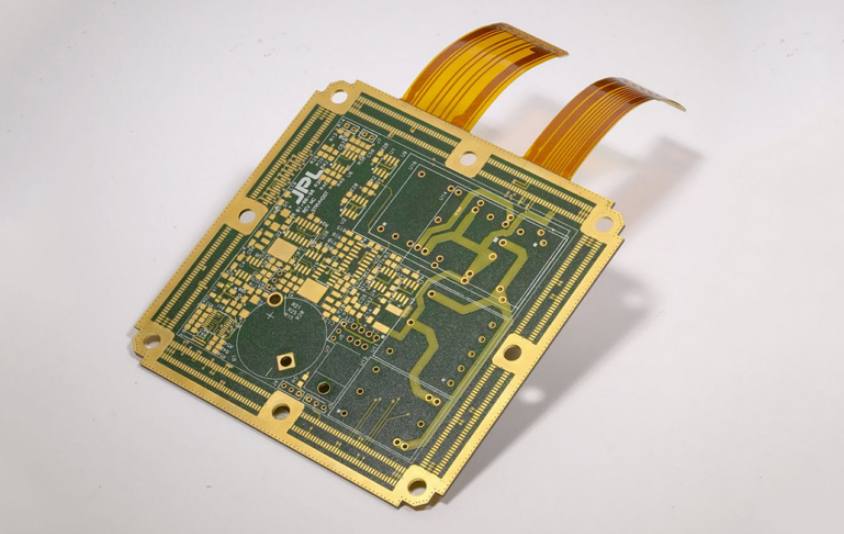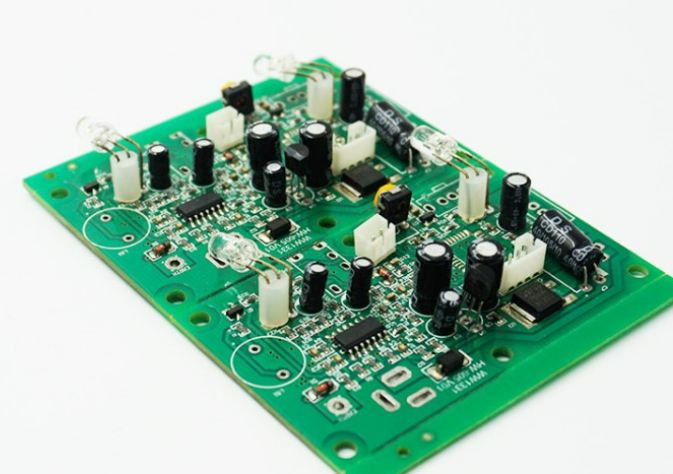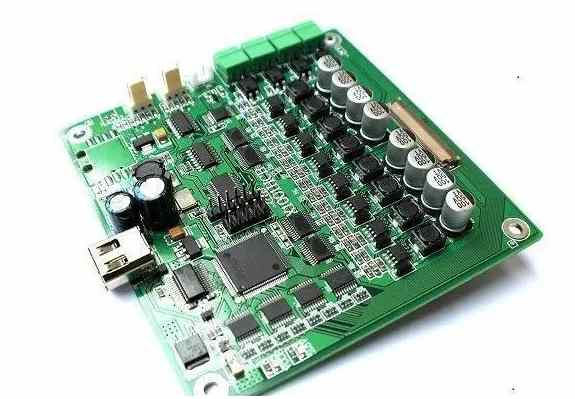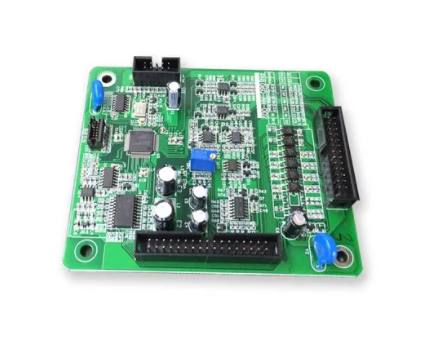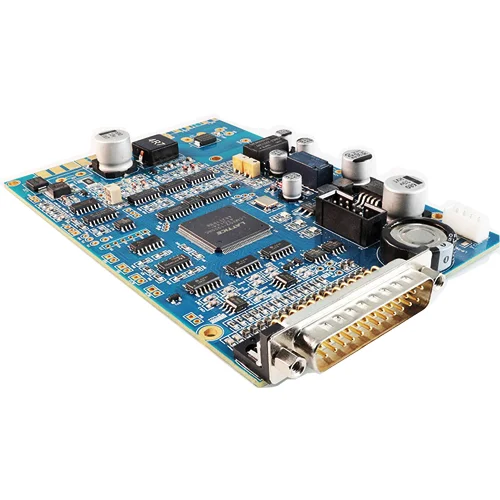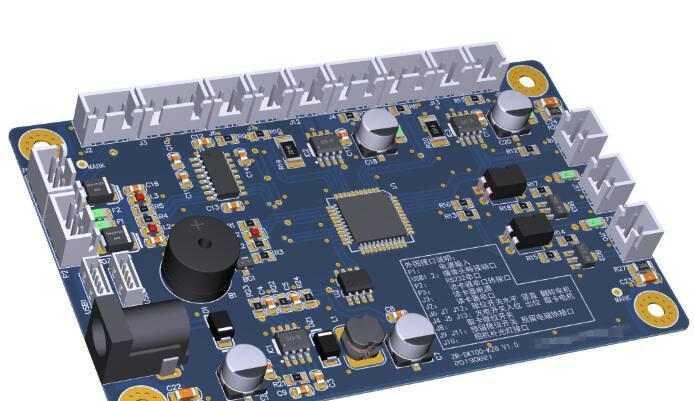
With the increasing production ratio of soft PCB and the application and promotion of rigid flexible PCB, it is now more common to say PCB plus soft, rigid or rigid flexible and how many layers of PCB it is. Usually, the PCB circuit board made of soft insulating material is called soft PCB or flexible PCB, rigid flexible compound PCB is called rigid flexible PCB. It ADAPTS to today's electronic products to high density and high reliability, miniaturization, lightweight direction of development needs, but also meets the strict economic requirements and the needs of market and technical competition.
The following are 10 advantages of soft PCBS in detail:
1. Flexibility
One of the obvious advantages of using soft PCBS is that they can be more easily wired and connected in three dimensions, and can also be curled or folded for use. As long as it is crimped within the allowable radius of curvature, it can withstand thousands to tens of thousands of uses without damage.
2. Reduce the volume
In the assembly of components, compared with the use of wire cable, the conductor section of soft PCB is thin and flat, reducing the size of the wire, and can be formed along the casing, so that the structure of the equipment is more compact and reasonable, reducing the volume of the assembly. Compared with rigid PCB, the space can save 60~90%.
3. Reduce weight
In the same volume, the weight of soft PCB and wire cable can be reduced by about 70% under the same load flow, and the weight of rigid PCB can be reduced by about 90%.
4. Consistency of installation
With soft PCB installation, eliminate the error of wire cable connection. As long as the processing drawings have been proofread through, all the subsequent production of winding circuits are the same. There will be no misconnection when installing connection wires.

5. Increased reliability
When soft PCB is installed, because it can be wired on X, Y and Z planes, the switching interconnection is reduced, the reliability of the whole system is increased, and the fault inspection is convenient.
6. Controllability of electrical parameter design
According to the requirements of use, the designer can control the capacitance, inductance, characteristic impedance, delay and attenuation during the design of soft PCB. Can be designed to have the characteristics of a transmission line. Because these parameters are related to wire width, thickness, spacing, insulating layer thickness, dielectric constant, loss Angle tangent and so on, this is difficult to do when using wire cables.
7. The end can be welded as a whole
Soft PCB, like rigid PCB, have terminal pads that eliminate stripping and tin lining of wires, thus saving costs. The terminal pad is connected to the element, device and plug. Dip or wave welding can be used instead of manual soldering of each wire.
8. Material use is optional
Soft PCB can be manufactured with different base materials according to different use requirements. For example, polyester film may be used in applications requiring low cost assembly. In demanding applications where excellent properties are required, polyimide films can be used.
9. Low cost
With soft PCB installation, the total cost can be reduced. This is because:
(1) Due to the consistency of various parameters of the wire of soft PCB; The implementation of integral terminating eliminates frequent errors and rework during cable wire installation, and the replacement of soft PCB is more convenient.
(2) The application of soft PCB simplifies the structural design, which can be directly adhered to the component, reducing the wire clamp and its fasteners.
(3) For shielded wires, the price of soft PCB is lower.
10. Continuity of processing
Continuous production of soft PCB can be realized because the soft coated foil board can be supplied continuously in rolls. This also helps reduce costs.


